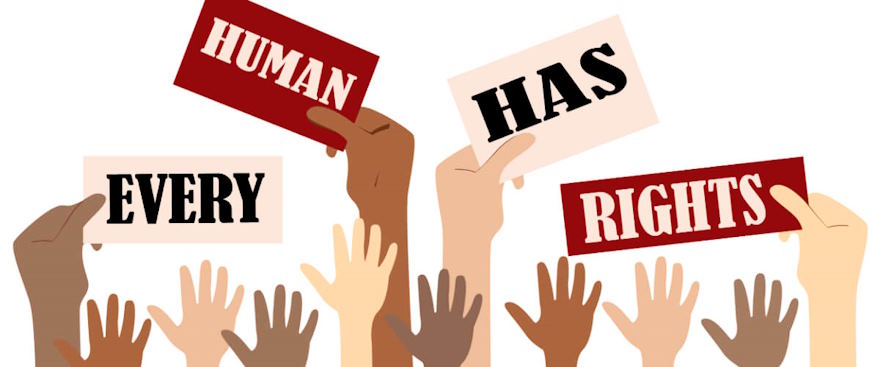Europe’s immigration policies and legislation significantly impact the experiences and rights of foreigners within its borders. As individuals seek new opportunities, refuge, or a chance at a better life, they encounter a complex web of regulations and procedures governing their entry, residence, and integration.
Do foreigners in Europe have the same rights as citizens?
European foreigners generally do not have the same rights as citizens, as their legal status and entitlements differ. While the specific rights and protections vary among European countries, some common distinctions exist between citizens and foreigners. Here are some key points to consider:
Civil and Political Rights
Citizens often enjoy full civil and political rights, including voting, running for office, and participating in political processes. Foreigners, especially non-citizens, typically do not have these rights. However, some countries may grant limited voting rights to certain categories of foreigners, such as long-term residents or citizens of other EU member states.
Residence and Work Rights
Citizens have an inherent right to reside and work in their home country. They can freely move within their country, seek employment, and access social services. On the other hand, foreigners must comply with immigration laws and obtain the necessary permits to reside and work legally in a European country. Their access to employment, social benefits, and public services may be subject to specific regulations and restrictions.

Social Welfare and Public Services
Citizens often have broader access to social welfare programs and public services, such as healthcare, education, and social security benefits. Depending on their legal status, foreigners may have limited access or face additional requirements to access these services. However, certain fundamental rights, such as emergency healthcare and education for children, are typically provided to all individuals, regardless of their citizenship.
Right to Family Reunification
Citizens usually have the right to reunite with their family members and sponsor their residency in their home country. Foreigners may also have the opportunity to reunite with family members, but the requirements and procedures vary among countries, and they must fulfill certain conditions to be eligible for family reunification.
Human Rights and Non-Discrimination
Both citizens and foreigners are entitled to fundamental human rights protections under international and European human rights law. These rights include the right to life, freedom from torture or inhumane treatment, and protection against discrimination. European countries are generally committed to upholding these rights for all individuals within their jurisdiction, irrespective of citizenship.
It is important to note that the rights and entitlements of foreigners in Europe can be subject to ongoing debates, legal challenges, and policy changes. Some countries may adopt more inclusive and generous policies towards foreigners, while others may implement stricter regulations in response to political or societal concerns. The rights and protections granted to foreigners depend on national legislation, international agreements, and individual circumstances.



